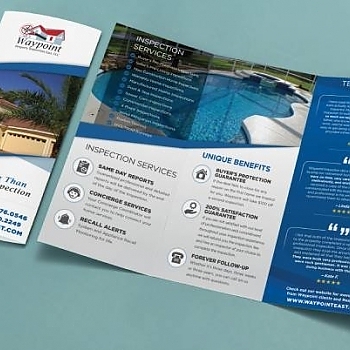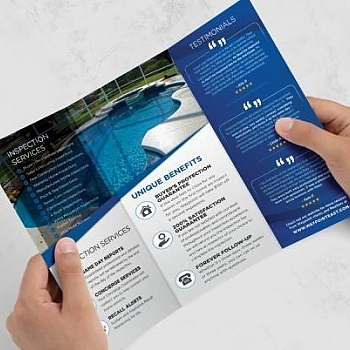Incorporating Local Market Trends in Real Estate Magazines

Local market trends make real estate magazines more valuable to readers. Adding current data and insights helps buyers and sellers make better decisions. A well-made custom magazine with local information becomes a trusted resource that people keep and share.
Creating content that speaks to local buyers requires careful planning and regular updates. Here's how to include market trends that matter to your readers.

Essential Market Data for Real Estate Magazines
| Data Type | Why It Matters |
|---|---|
| Price Trends | Shows market direction |
| Days on Market | Indicates selling speed |
| Inventory Levels | Shows market balance |
| Sale-to-List Ratio | Reveals pricing accuracy |
Neighborhood Spotlight Features
- School performance ratings
- Local amenities and services
- Community events and updates
- Development projects
Market Analysis Presentation
| Content Type | Best Format |
|---|---|
| Price Data | Charts and graphs |
| Market Changes | Before/after comparisons |
| Area Features | Photo spreads |
| Market Updates | Quick-read bullets |
Content Organization Tips
- Group similar neighborhoods together - Organize South Florida real estate listings by comparable areas, price ranges, and market characteristics. This helps readers find relevant properties quickly and makes market comparisons easier. Include nearby neighborhoods like Boca Raton, Fort Lauderdale, and Pompano Beach in logical groups.
- Use consistent data formats - Present real estate market data in the same format throughout your magazine. Whether showing home prices, square footage, or market trends, maintain uniform presentation styles. This consistency helps readers understand and compare property information easily.
- Update statistics monthly - Fresh real estate data keeps your magazine relevant. Monthly updates of property prices, market trends, and neighborhood statistics ensure readers get current information for making informed decisions in the South Florida real estate market.
- Include source citations - Build credibility by citing reliable sources for your real estate data. Reference local MLS listings, county records, and trusted market research organizations to support your market analysis and property information.
Design Elements for Data
- Clear headings for each section - Use bold, prominent headers to separate different real estate market segments. Well-designed headings guide readers through property listings, market analysis, and neighborhood information while improving overall readability.
- Color-coded market indicators - Use strategic colors to highlight market trends and property status. Green for price increases, red for decreases, and yellow for stable markets helps readers quickly understand local real estate conditions.
- Easy-to-read fonts for numbers - Select clear, professional fonts for displaying property prices, square footage, and market statistics. Sans-serif fonts work best for numerical data in real estate publications, ensuring quick comprehension of important figures.
- White space around data points - Balance your layout with adequate spacing around important real estate data. This visual breathing room helps highlight key property information and market trends, making your magazine more reader-friendly and professional.
Your real estate magazine needs both style and substance. Let Leader in Print help you create magazines that showcase local market trends effectively.
Ready to create an informative real estate magazine? Contact Leader in Print at 561-200-9412 to discuss your project today.











